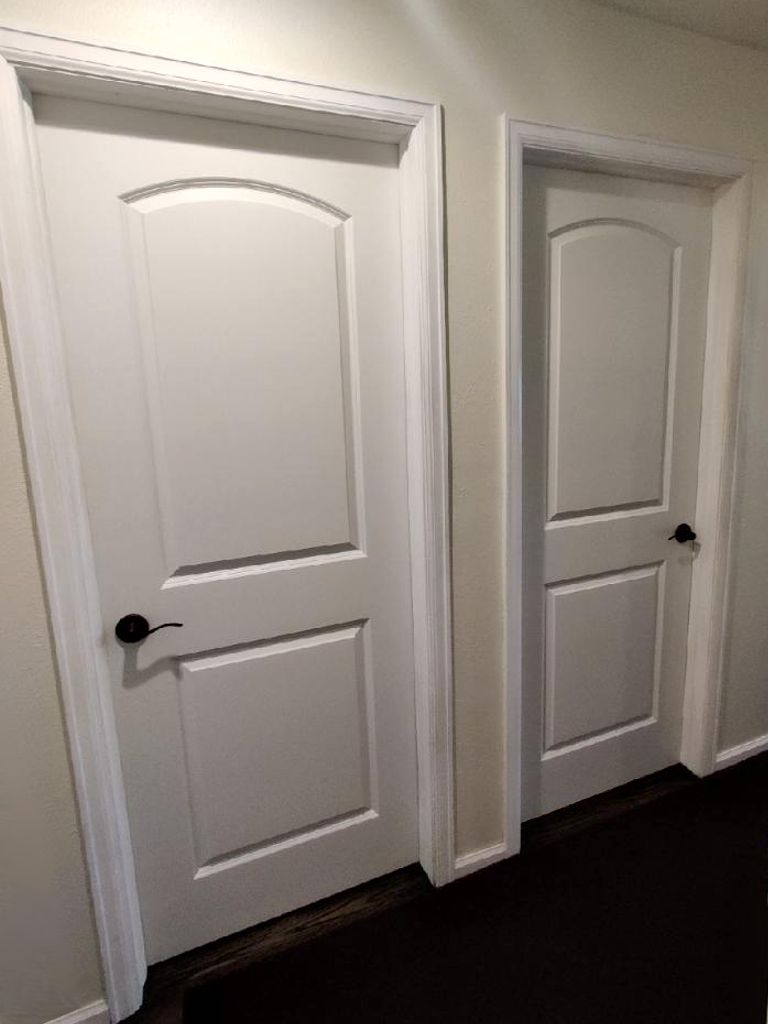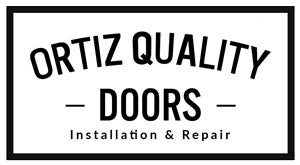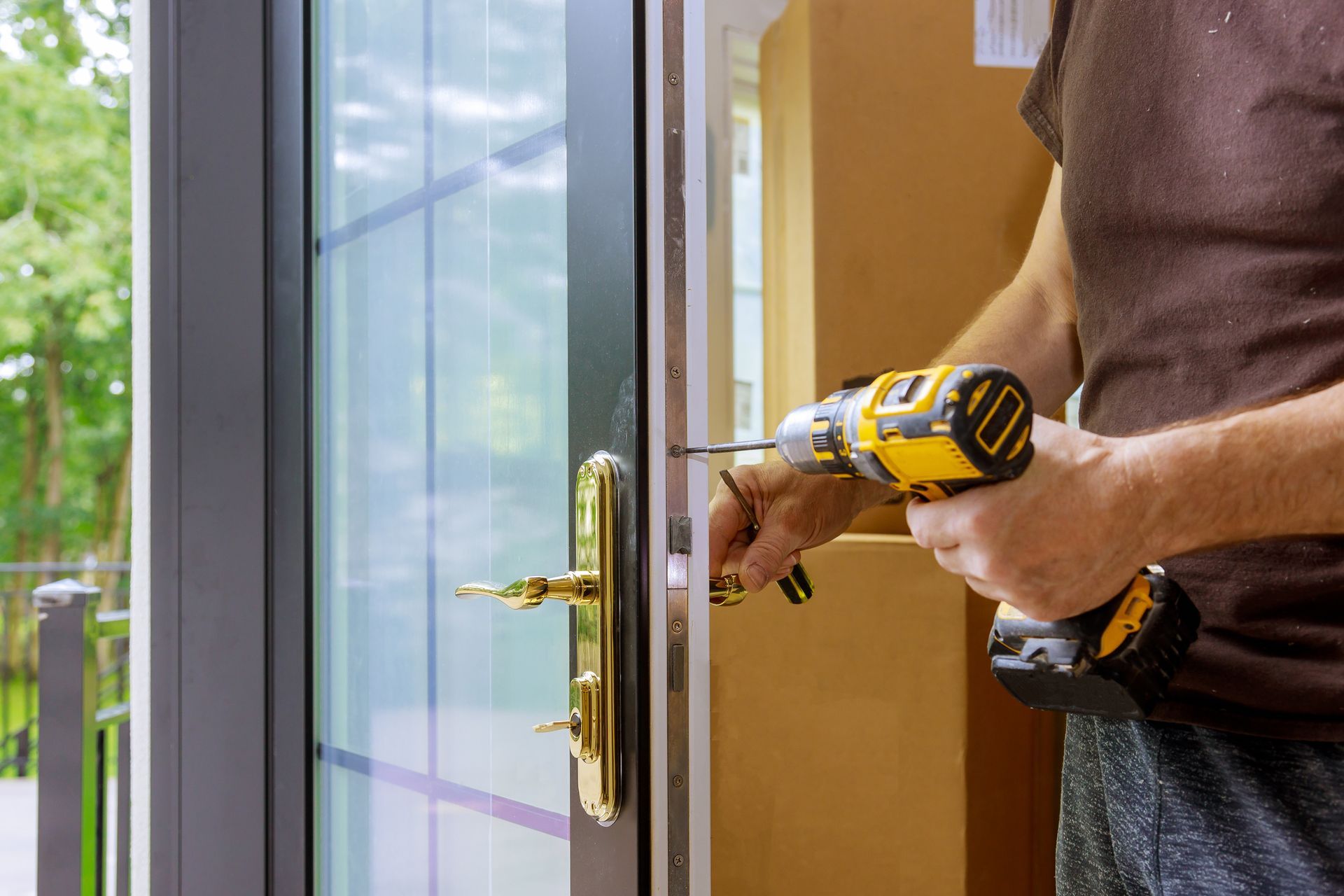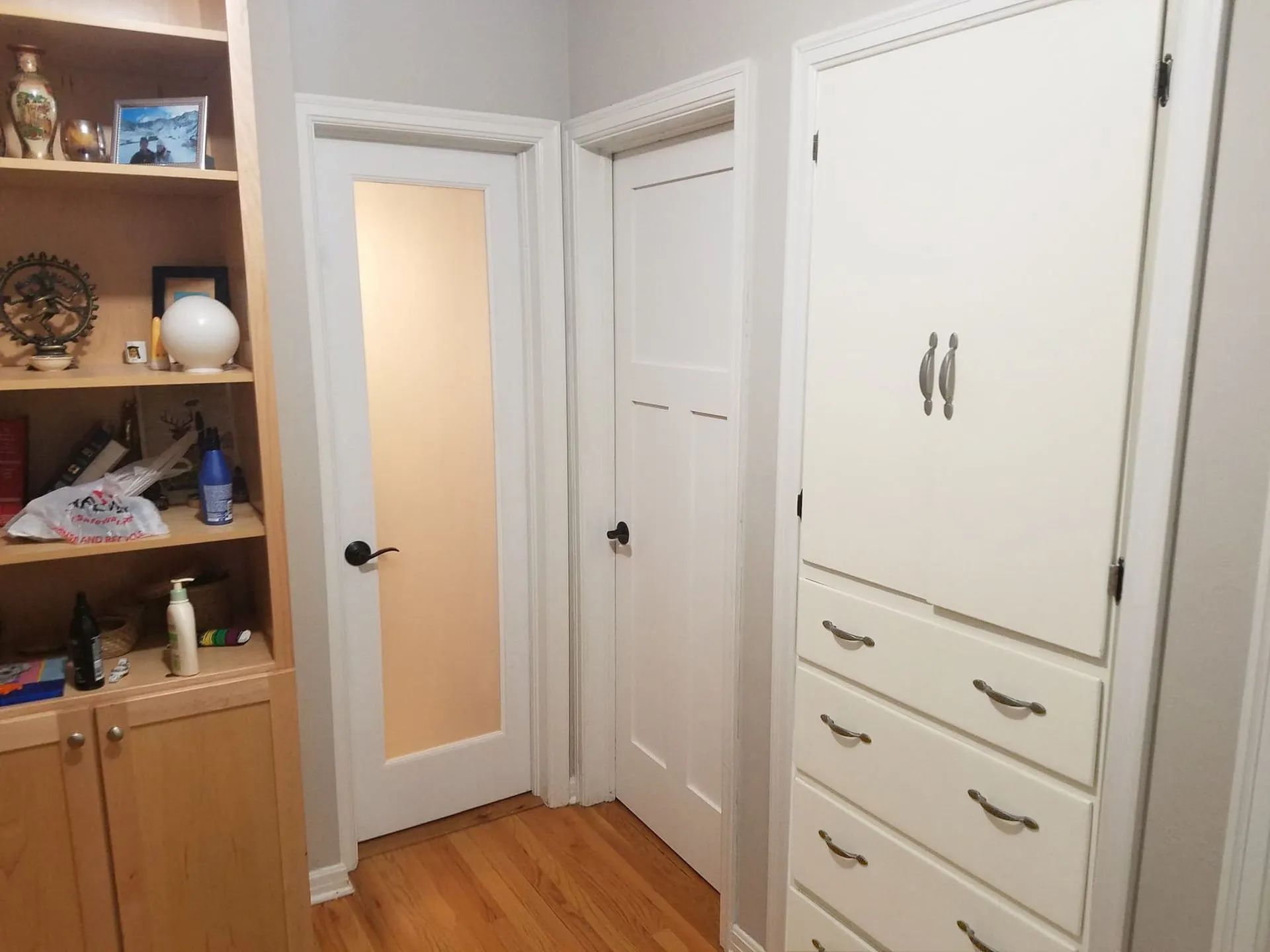Hollow Core vs Solid Core Interior Doors: Which Is Better for Soundproofing?
When soundproofing a home or office, most people focus on walls, windows, or insulation, but the type of interior doors you choose also plays a crucial role. If you’re comparing hollow core vs solid core interior doors, understanding the soundproofing qualities of each is essential. Whether you’re creating a quiet home office, a peaceful bedroom, or minimizing noise between living spaces, your choice of door can make a big difference.
What Are Hollow Core Doors?
Hollow core doors are lightweight interior doors with a honeycomb or cardboard core inside a wood or fiberboard frame. These doors are often used in modern homes due to their affordability and ease of installation. While they serve well for basic room separation and privacy, their sound-blocking ability is limited. The core material doesn’t do much to absorb or block sound, allowing more noise to travel from one room to another.
What Are Solid Core Doors?
Solid core doors are made of a dense composite or wood core, which is then covered with a wood veneer or molded composite skin. Heavier than hollow core doors, they are designed to mimic the appearance of solid wood doors without the high price tag. Thanks to their density and weight, solid core doors provide significantly better sound insulation. They reduce airborne noise and vibrations, creating a more private and quiet environment indoors.
Soundproofing Performance: Hollow Core vs Solid Core
When comparing these two types of doors in terms of soundproofing, solid core doors are the clear winner. Their dense construction acts as a sound barrier, blocking much of the noise that hollow core doors simply let through. In fact, solid core doors typically rate between 27-30 on the Sound Transmission Class (STC) scale, while hollow core doors average around 20-25 STC.
That difference might not seem large at first glance, but in real-life applications, it can be significant. A solid core door can reduce noise from conversations, television, music, or household appliances, making it ideal for bedrooms, bathrooms, home offices, and any room where sound privacy is valued.
Additional Considerations for Soundproofing
While the door type is a major factor, it’s not the only one. Gaps around the door frame can also allow sound to leak through. No matter how solid the door is, if the frame isn’t properly sealed, you’ll still hear unwanted noise. Using door sweeps, weatherstripping, and quality hardware can enhance the door’s overall performance.
Also, consider door thickness. Thicker doors generally provide better sound control, and solid core doors are available in various thickness options. Additionally, a well-installed solid core door ensures less movement or vibration, which further minimizes sound transmission.
Choosing the Right Door for Your Space
If your primary concern is affordability and ease of installation, hollow core doors might be suitable for less critical areas like closets or utility rooms. However, if you're aiming for comfort, privacy, and noise reduction, solid core doors are a better investment.
For areas like bedrooms, offices, nurseries, or shared living spaces, the enhanced acoustic insulation of a solid core door will contribute to a more serene and private atmosphere. Over time, the added comfort and sound control can be well worth the upfront cost difference.
Looking to upgrade your home’s interior doors for better soundproofing? Ortiz Quality Doors
in Aurora, Colorado, has been helping homeowners make the right choice for 15
years with the right
interior door installation. Our team is ready to guide you through the selection and installation of high-quality solid core doors that meet your needs and match your style. Contact us today for expert advice and a free consultation!



